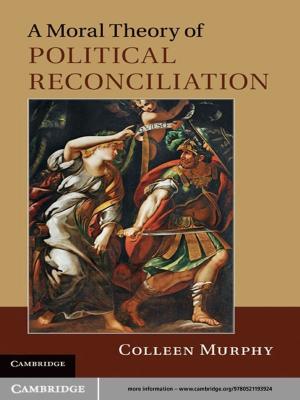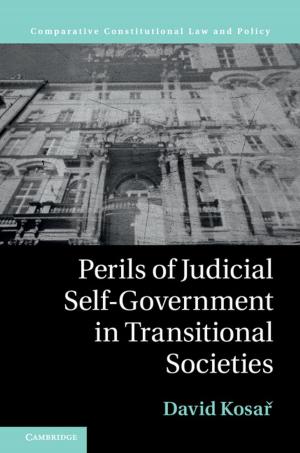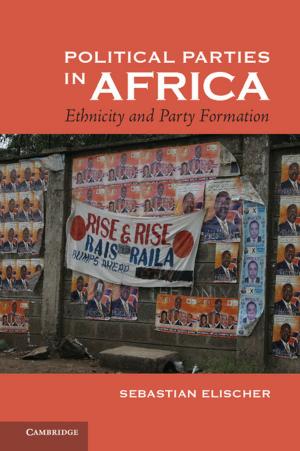Fichte's Social and Political Philosophy
Property and Virtue
Nonfiction, Religion & Spirituality, Philosophy, Modern, Political| Author: | David James | ISBN: | 9781139012355 |
| Publisher: | Cambridge University Press | Publication: | January 20, 2011 |
| Imprint: | Cambridge University Press | Language: | English |
| Author: | David James |
| ISBN: | 9781139012355 |
| Publisher: | Cambridge University Press |
| Publication: | January 20, 2011 |
| Imprint: | Cambridge University Press |
| Language: | English |
In this study of Fichte's social and political philosophy, David James offers an interpretation of Fichte's most famous writings in this area, including his Foundations of Natural Right and Addresses to the German Nation, centred on two main themes: property and virtue. These themes provide the basis for a discussion of such issues as what it means to guarantee the freedom of all the citizens of a state, the problem of unequal relations of economic dependence between states, and the differences and connections between the legal and political sphere of right and morality. James also relates Fichte's central social and political ideas to those of other important figures in the history of philosophy, including Locke, Kant and Hegel, as well as to the radical phase of the French Revolution. His account will be of importance to all who are interested in Fichte's philosophy and its intellectual and political context.
In this study of Fichte's social and political philosophy, David James offers an interpretation of Fichte's most famous writings in this area, including his Foundations of Natural Right and Addresses to the German Nation, centred on two main themes: property and virtue. These themes provide the basis for a discussion of such issues as what it means to guarantee the freedom of all the citizens of a state, the problem of unequal relations of economic dependence between states, and the differences and connections between the legal and political sphere of right and morality. James also relates Fichte's central social and political ideas to those of other important figures in the history of philosophy, including Locke, Kant and Hegel, as well as to the radical phase of the French Revolution. His account will be of importance to all who are interested in Fichte's philosophy and its intellectual and political context.















